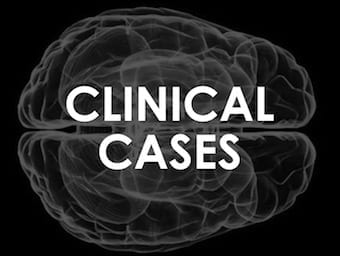
SARS, MERS and the Coronaviruses
Severe Acute Respiratory Syndrome (SARS) and Middle East Respiratory Syndrome (MERS) are novel coronaviruses that cause severe viral pneumonia in humans
Most coronavirus infections are mild respiratory tract infections

